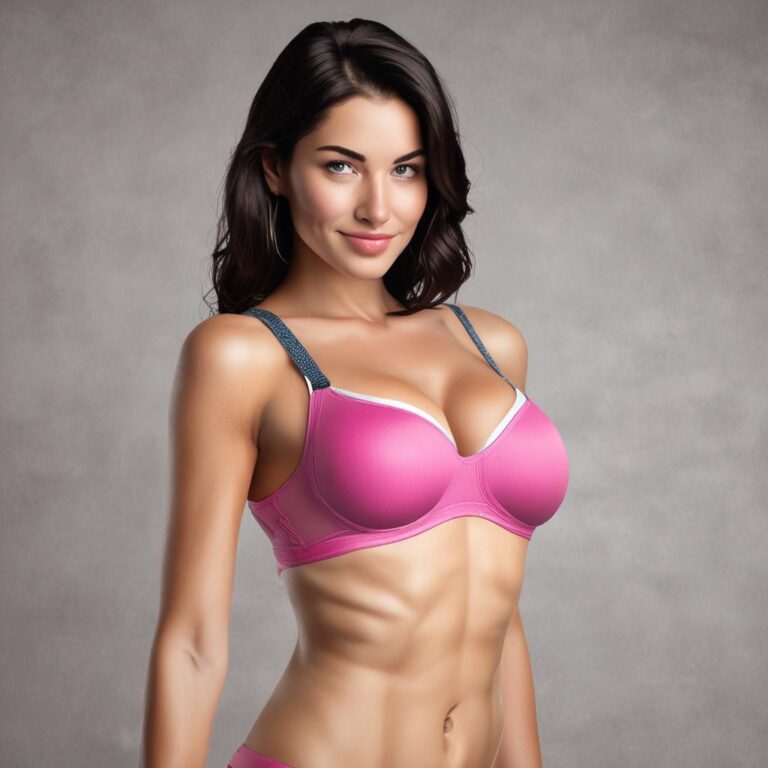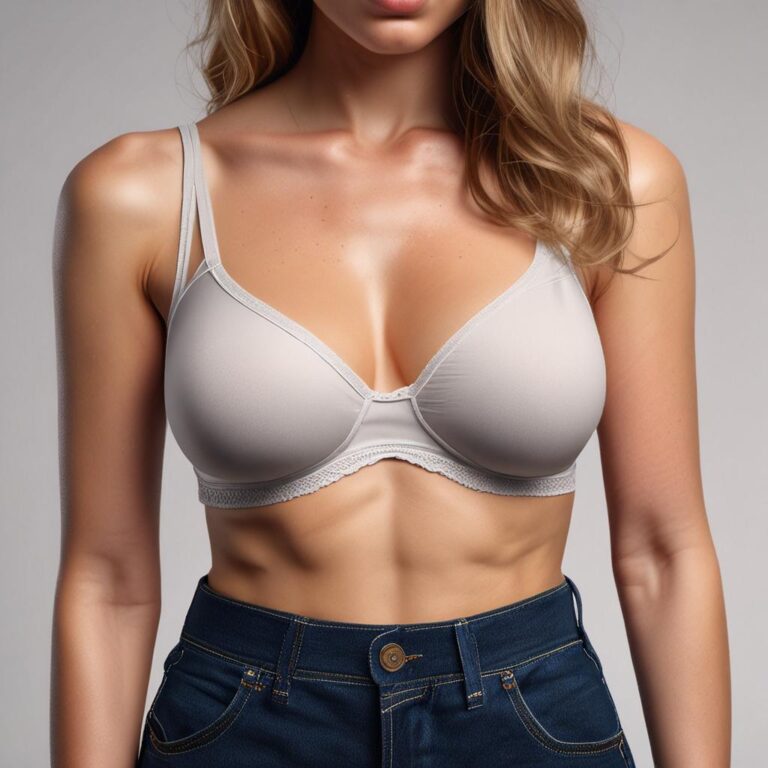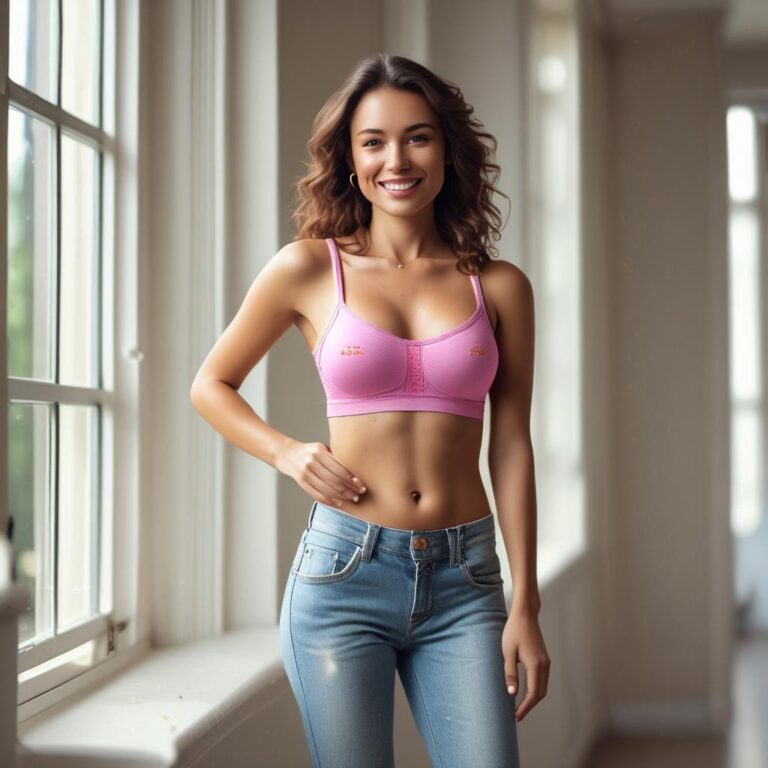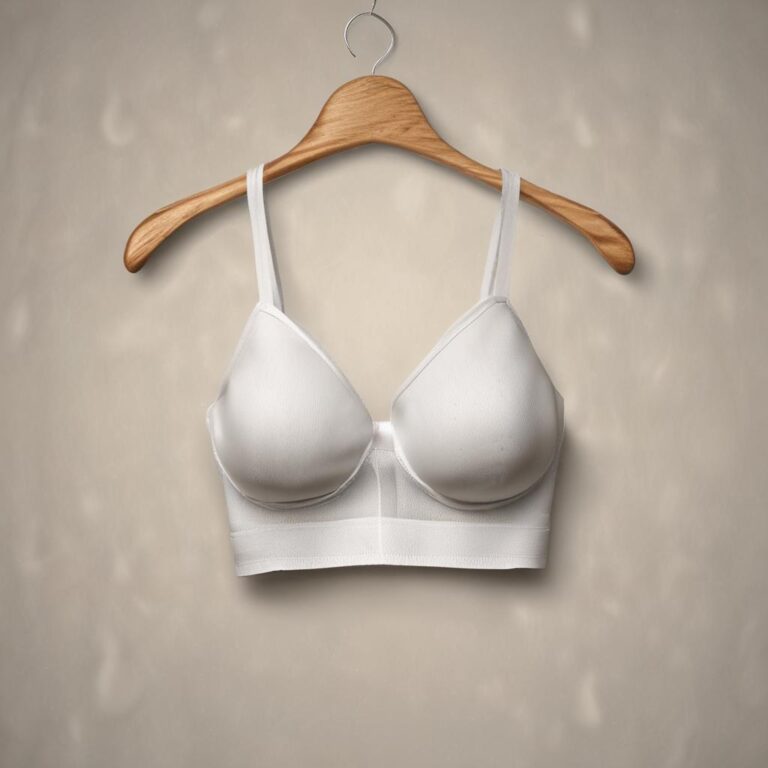Understanding Your Perfect Fit: A Comprehensive Guide to Knowing if a 34C Bra is Right for You
Step-by-Step Process
Measure Ribcage
Measure around your ribcage just beneath your breasts
Measure Bust
Measure around the fullest part of your bust
Calculate Cup Size
Subtract ribcage measurement from bust measurement
Convert to Inches
If needed, convert your result to inches
Check Size Chart
Compare your result with a bra size chart for 34C
Process infographic for How to Know 34c Bra Size is Perfect for You
Have you ever wondered if your current bra size is truly the best fit for your body? Many women wear the wrong bra size, often due to misconceptions about what constitutes a perfect fit. In this guide, we’ll demystify bra sizing, explain why finding the right fit is crucial, and provide a step-by-step guide to help you determine if a 34C bra is perfect for you.
Understanding Bra Size Basics
Before we dive into finding your perfect fit, let’s first understand what a 34C bra size means.
What Does 34C Mean?
A 34C bra size consists of two measurements: the band size (34 inches) and the cup size (C). The band size measures around your ribcage, just beneath your breasts, while the cup size is determined by the difference between your bust and band measurements.
Why is Wearing the Right Bra Size Important?
Wearing the correct bra size offers numerous benefits, including:
- Comfort: A well-fitting bra prevents chafing, digging, and discomfort.
- Support: The right bra provides adequate support, reducing strain on your back and shoulders.
- Posture: A properly fitted bra can help improve your posture.
- Reduced back pain: Wearing a bra that’s too loose or too tight can cause or exacerbate back pain.
- Better clothing fit: A good bra can enhance your silhouette, making your clothes fit better.
On the other hand, wearing the wrong bra size can lead to discomfort, skin irritation, back and shoulder pain, poor support, and an unflattering appearance.
Signs Your 34C Bra Fits Perfectly
Now that you understand the basics, let’s explore the signs of a perfect 34C bra fit.
The Band Fits Snugly and Stays in Place
A well-fitting band should feel snug but not too tight, lying horizontally across your back. To check if your band is too loose, try the “band test”: pull the band away from your body. If it moves more than an inch, it’s too loose. Additionally, the band should not ride up in the back; if it does, it’s a sign that it’s too big.
The Cups Fully Enclose Your Breasts Without Spillage
Spillage occurs when breasts overflow at the top or sides of the cups. To ensure your cups are the right size, look for gaps between your breasts and the cups. If there are gaps, the cups may be too large. Conversely, if your breasts are spilling out, the cups may be too small.
The Straps Stay in Place Without Digging In
Properly fitting straps should provide support without digging into your shoulders. To adjust your straps, pull them through the adjustment sliders until they feel secure but comfortable. If your straps are constantly slipping off your shoulders, it could indicate that your band is too large or that the bra style is not suitable for your body.
The Center Gore Lies Flat Against Your Chest
The center gore is the part of the bra between the cups. In a well-fitting bra, the center gore should lie flat against your breastbone. If it doesn’t, it could indicate that the cup size or bra style is not right for you.
No Underwire Digging or Discomfort
The underwire in a well-fitting bra should follow the natural curve of your breast, providing support without digging into your breast tissue. If the underwire is poking or digging, it’s a sign that the cup size or bra style may not be right for you.
How to Check Your Bra Fit at Home
Now that you know the signs of a perfect fit, let’s discuss how to check your bra fit at home.
The Swoop and Scoop Method
To ensure all breast tissue is properly positioned within the cups, use the “swoop and scoop” technique:
Put on your bra.
Lean forward and scoop your breast tissue into the cups using your fingers.
Straighten up and adjust the cups to ensure they’re fully enclosing your breasts.
The Two-Finger Test
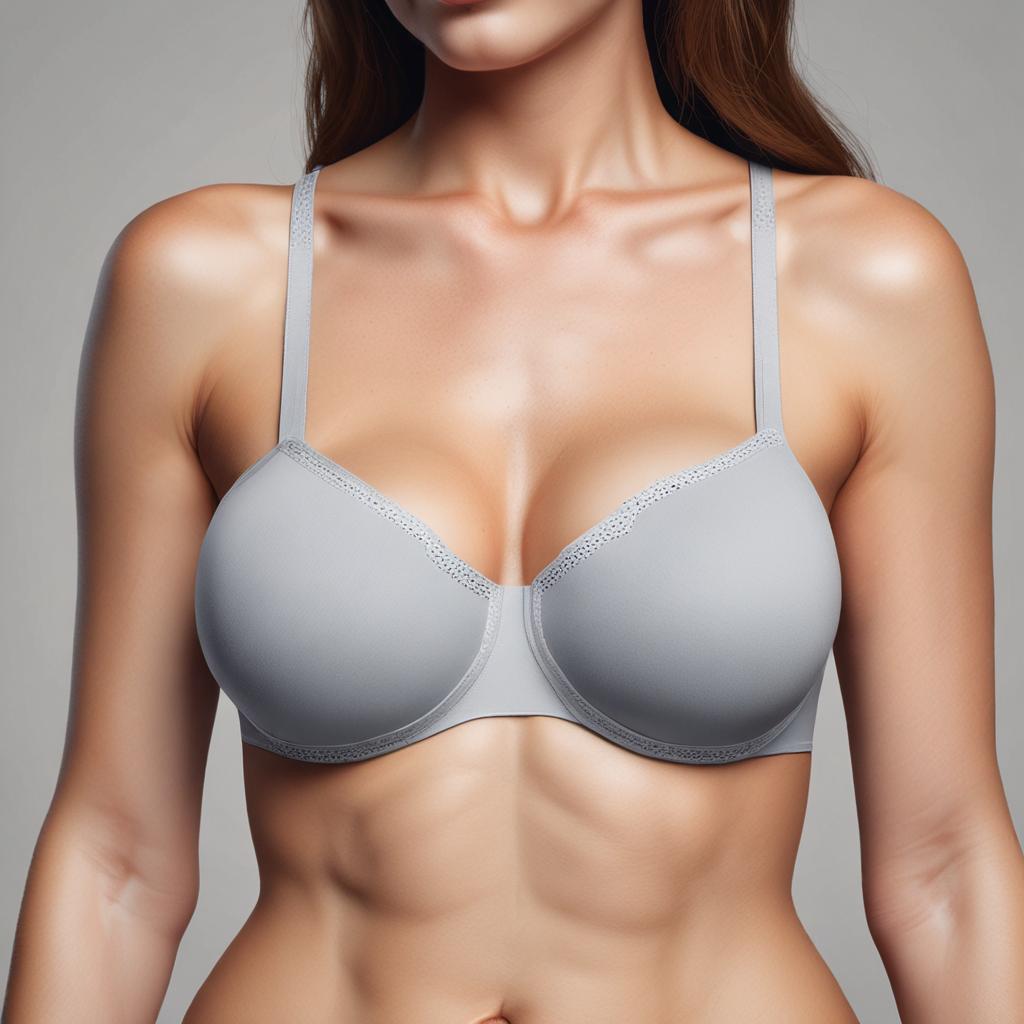
To check the band fit, perform the “two-finger test”:
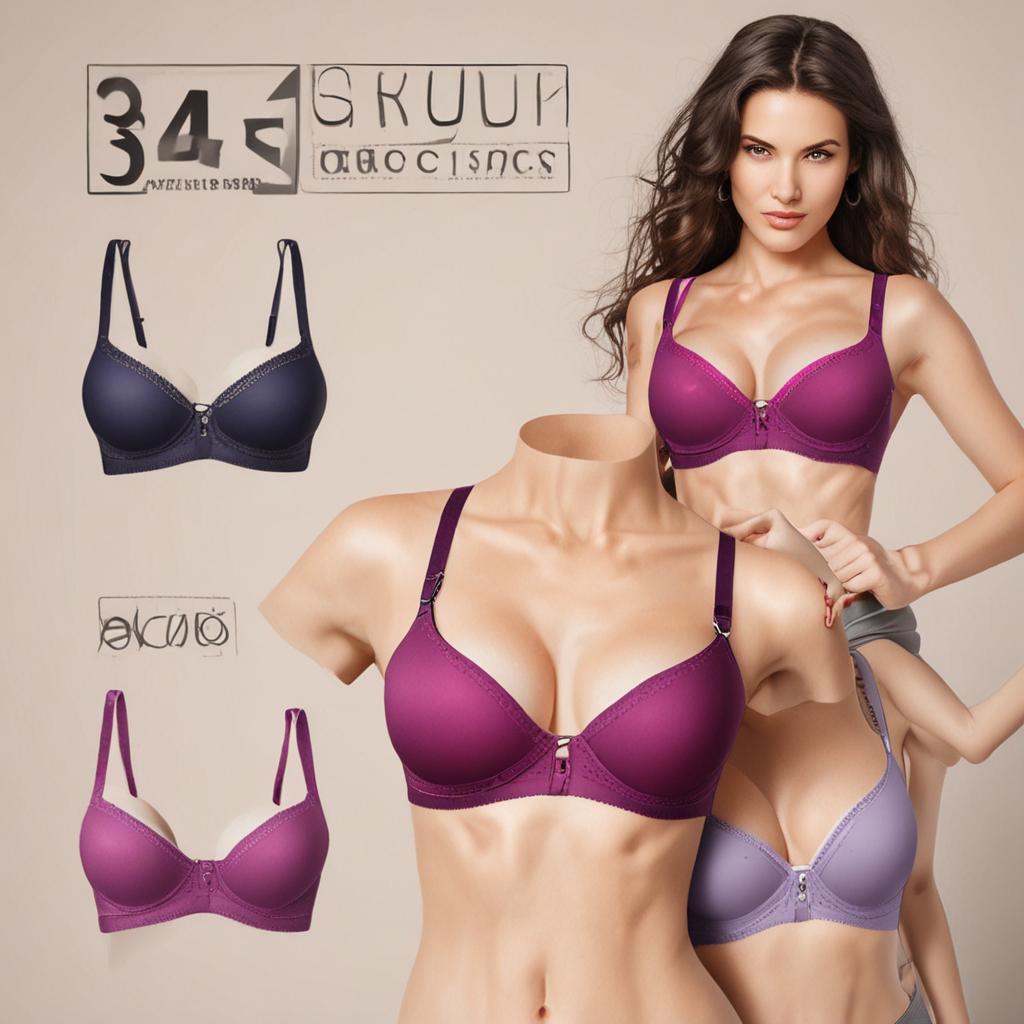
Put on your bra.
Hook your fingers under the band at your back.
If you can slide two fingers comfortably under the band, it’s a sign that the band is fitting properly.
Movement Test
Move around, raise your arms, and bend over to see how your bra fits and supports during activity. A well-fitting bra shouldn’t shift or allow for excessive breast movement.
Looking for Common Fit Problems
As you check your bra fit, be on the lookout for common fit problems, such as band riding up, spillage, gaping, digging straps, and a center gore that doesn’t lie flat.
When to Re-Evaluate Your Bra Size
Several factors can cause your bra size to change over time. Here are a few things to consider:
Changes in Body Weight
Weight gain or loss can affect your bra size. If you’ve recently experienced significant changes in your weight, it might be time to get remeasured.
Pregnancy and Breastfeeding
Pregnancy and breastfeeding can cause significant changes in breast size. After pregnancy or breastfeeding, it’s essential to get refitted for a new bra.
Aging
Breast tissue can change with age, affecting bra fit. As you age, it’s a good idea to get remeasured periodically to ensure you’re still wearing the correct bra size.
Trying New Bra Styles
Different bra styles can fit differently, even in the same size. When trying new bra styles, it’s essential to ensure they fit well.
Tips for Finding the Perfect 34C Bra
Now that you know how to check if a 34C bra fits perfectly, let’s discuss some tips for finding that perfect bra.
Get Professionally Fitted
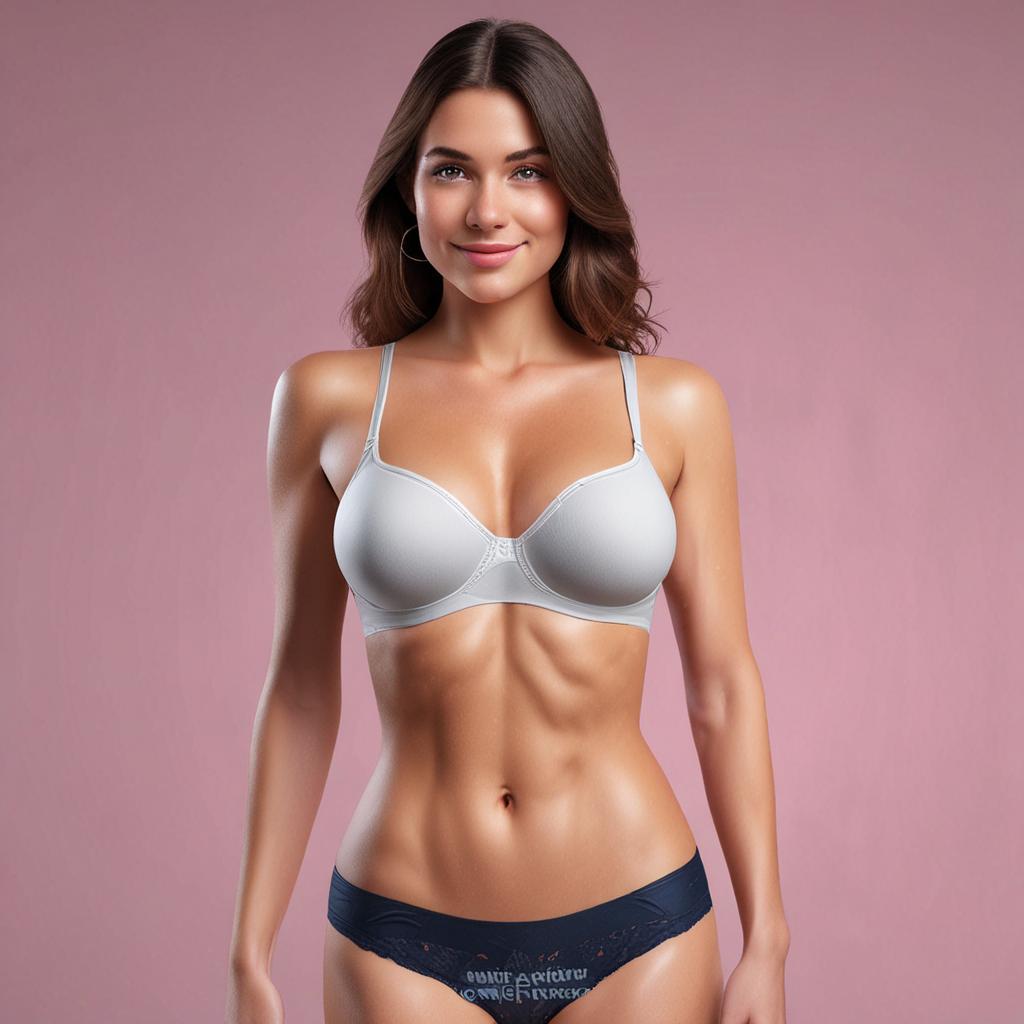
If you’re unsure of your bra size, consider getting professionally fitted at a reputable lingerie store. Experienced fitters can provide valuable guidance in finding the right size and style for your body.
Try On Multiple Styles and Brands
Bra sizes can vary between brands and styles. To find the best fit, try on a variety of bras from different brands and in different styles.
Don’t Be Afraid to Size Up or Down
Sometimes, sizing up or down can provide a better fit. Don’t hesitate to try different sizes or consider sister sizing (e.g., 32D or 36B) to find the perfect fit.
Consider Your Breast Shape
Different breast shapes may require different bra styles. For example, women with round breasts may prefer full-coverage bras, while those with teardrop-shaped breasts might prefer balconette or plunge bras.
Frequently Asked Questions
How often should I replace my bras?
Generally, every 6-12 months, depending on wear and tear. Washing, stretching, and general wear can cause bras to lose their elasticity and support over time.
Can my bra size change over time?
Yes, due to weight fluctuations, pregnancy, aging, hormonal changes, and other factors, your bra size can change over time.
What’s the difference between a 34C and a 36B?
These two bra sizes have the same cup volume but different band sizes. They are examples of sister sizing, where two bra sizes have the same cup volume but different band sizes to accommodate different body shapes.
Where can I find a good bra fitter?
Department stores with lingerie sections, specialty lingerie boutiques, and online resources can all be good places to find a bra fitter.
Is it normal for my bra size to be different in different brands?
Yes, bra sizing can vary by brand due to variations in construction, fabric, and design. It’s essential to try on bras from different brands to find the best fit.
Conclusion
Wearing a well-fitting 34C bra is crucial for comfort, support, and overall well-being. By understanding the signs of a good fit and following the tips outlined in this guide, you can find the perfect 34C bra for your individual needs. Don’t settle for a less-than-perfect fit – take the time to find the right bra, and you’ll reap the benefits in comfort and confidence. So, go ahead – try on those bras, check the fit, and embrace your perfect 34C bra!

